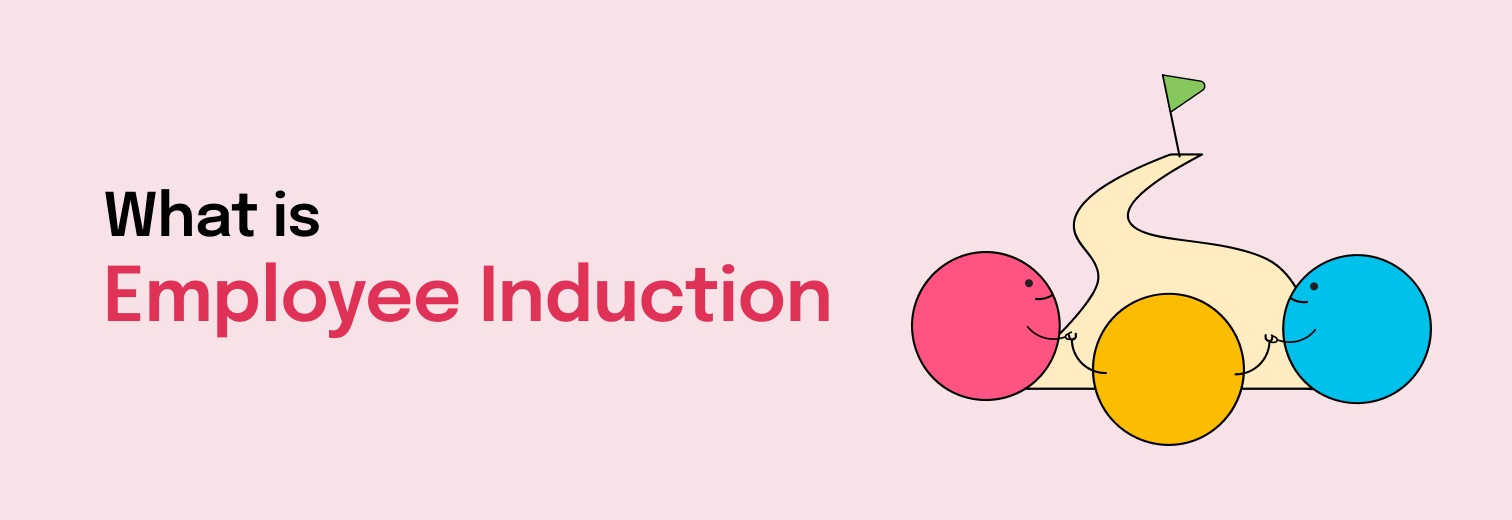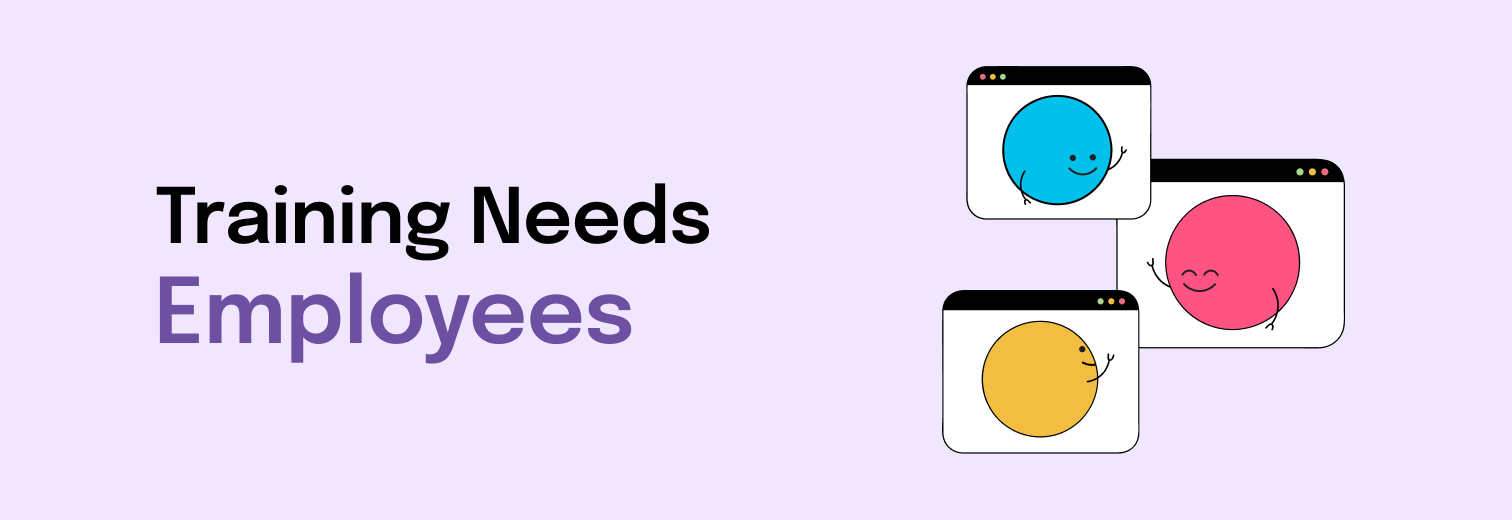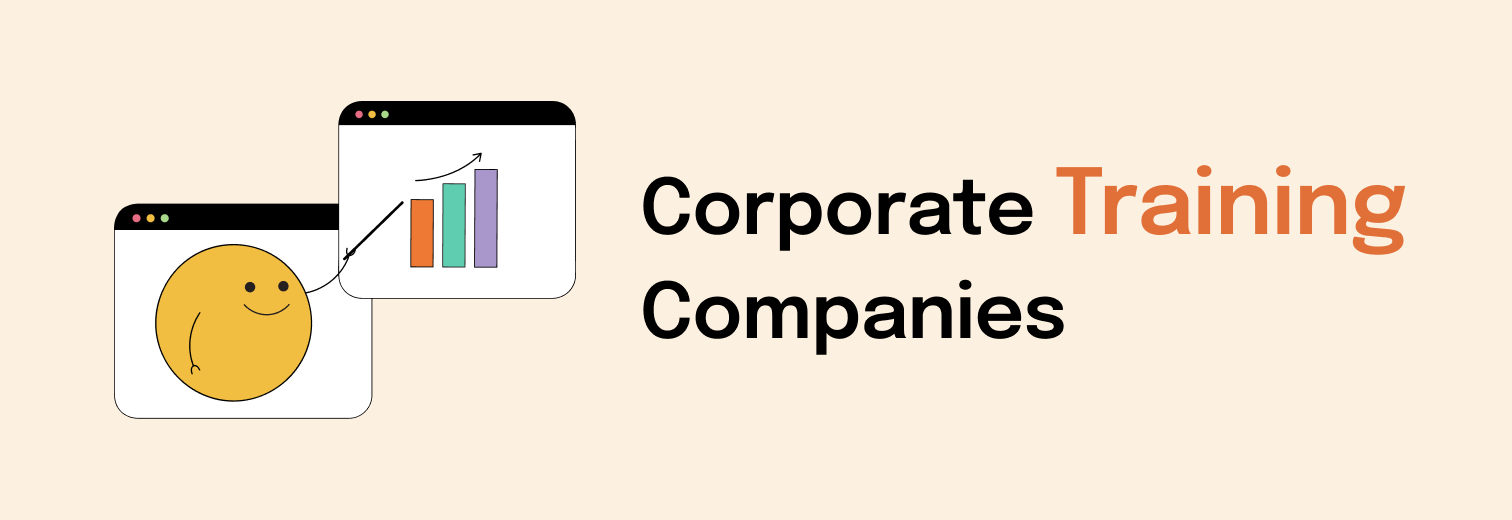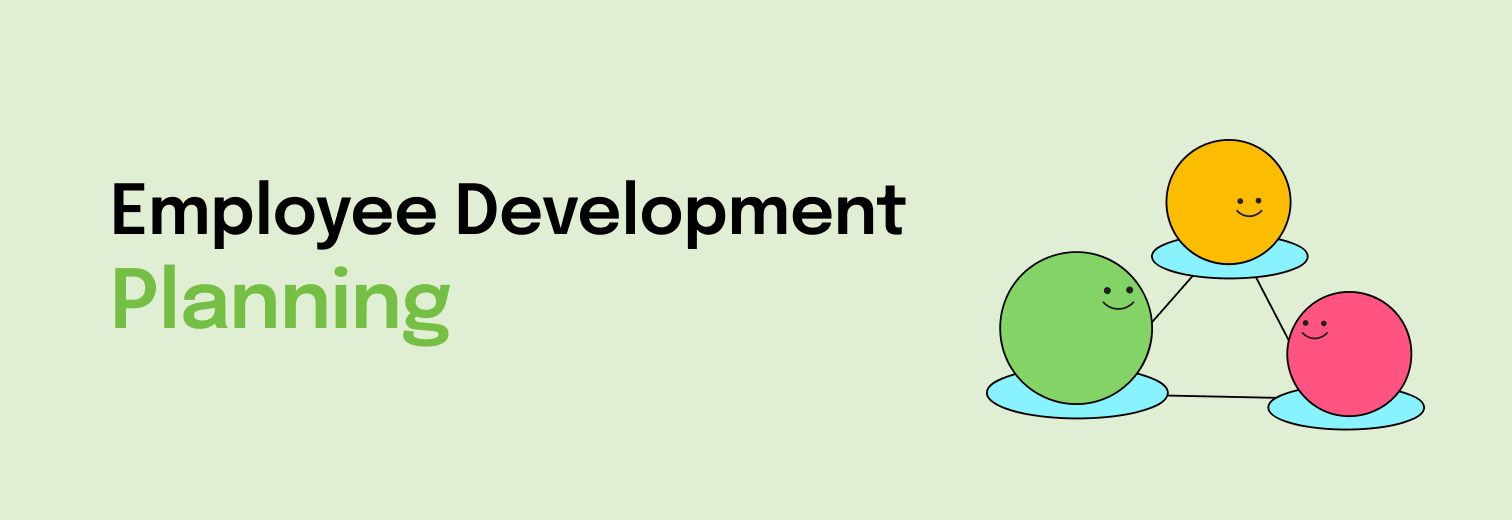 In a landmark judgment, the Honorable Supreme Court asked Karnataka to release water to Tamil Nadu. This water-sharing row has led to massive protests and bandhs called by pro-Kannada leaders. Major highways in Karnataka were blocked, leading to incendiary acts by protesters. I was watching the news and heard people’s views on the Cauvery River water sharing conflict; the people in Tamil Nadu need water for their farming, while people in Karnataka want the same water for their own consumption. Both of them feel they are right in the positions that they have taken – and both of them feel wronged.
In a landmark judgment, the Honorable Supreme Court asked Karnataka to release water to Tamil Nadu. This water-sharing row has led to massive protests and bandhs called by pro-Kannada leaders. Major highways in Karnataka were blocked, leading to incendiary acts by protesters. I was watching the news and heard people’s views on the Cauvery River water sharing conflict; the people in Tamil Nadu need water for their farming, while people in Karnataka want the same water for their own consumption. Both of them feel they are right in the positions that they have taken – and both of them feel wronged.
The net result is that we see two states blaming each other for their action and inaction. Tamil Nadu feels that they don’t get enough water in proportion to their area under cultivation, while Karnataka contends that it does not receive its due share of water from the river. To take sides in this debate would not be wise – and that is not the point of this article. However, I would love to explore the learnings a leader can gain from this situation.
Going to the Supreme Court for resolving conflicts is one way to solve the problem, and yet there are other ways that could have resulted in resolution of the issue. Below I present three ways to handle tough negotiations and create a win-win for both sides.
- Don’t make it Personal:
In the book Getting to Yes, the authors give five steps to effective negotiations. The first step is to separate the people from the problem. What it means is to drop your ego, stop the blame game, and focus on the problem. In the Cauvery water-sharing row, the ministers on both sides were seen attacking each other instead of tackling the issue. When you make it personal, people get more emotional and lose sight of the possible solutions that could lead to effective negotiations. Negotiators then play more to the gallery and to their respective constituencies, rather than finding true break through solutions.
- Move from Being ‘Fixed’ to Being ‘Flexible’:
Can you sit side by side with your negotiating partner and view the situation dispassionately? It is only when people have a fixed mindset that they tend to doom the negotiation process. In the book Getting Past No, the author lays significant stress on controlling your reactions and being flexible while finding solutions for mutual gain. When negotiators harden their positions it is more difficult to find a workable middle path. If the position taken on either side is about a fixed quantum of water that each side contends for, there is not much room for the negotiators. But if more variables are brought into the negotiation or if negotiators understood the interests behind the positions taken, there would be much more scope for flexibility on either side.
- Co-operate and Not Compete:
Ministers of both states walking away from meetings aimed at solving the Cauvery water sharing conflict is a common sight. Dodging questions while letting the problem brew creates competition and leads to a divided country. Both states belong to the same country yet they act as rivals. The issue has become more than the water sharing conflict. It has become a rivalry between the two states. When you begin to co-operate, both parties come to the same side and begin their work to create value instead of competing against each other. If both sides got together to ask the question, “How do we ensure that we find a permanent fix to this problem? What are the different issues and options on the table?” maybe they would have a much more productive discussion. Today, with both sides viewing the size of the pie as being constant, their approach to each other is one of competitors. Before a solution can be found, the attitude needs to change.
What do you think? Share your views!

 In the book Getting to Yes, the authors give five steps to effective negotiations. The first step is to separate the people from the problem. What it means is to drop your ego, stop the blame game, and focus on the problem. In the Cauvery water-sharing row, the ministers on both sides were seen attacking each other instead of tackling the issue. When you make it personal, people get more emotional and lose sight of the possible solutions that could lead to effective negotiations. Negotiators then play more to the gallery and to their respective constituencies, rather than finding true break through solutions.
In the book Getting to Yes, the authors give five steps to effective negotiations. The first step is to separate the people from the problem. What it means is to drop your ego, stop the blame game, and focus on the problem. In the Cauvery water-sharing row, the ministers on both sides were seen attacking each other instead of tackling the issue. When you make it personal, people get more emotional and lose sight of the possible solutions that could lead to effective negotiations. Negotiators then play more to the gallery and to their respective constituencies, rather than finding true break through solutions.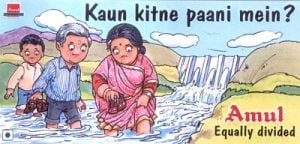 Can you sit side by side with your negotiating partner and view the situation dispassionately? It is only when people have a fixed mindset that they tend to doom the negotiation process. In the book Getting Past No, the author lays significant stress on controlling your reactions and being flexible while finding solutions for mutual gain. When negotiators harden their positions it is more difficult to find a workable middle path. If the position taken on either side is about a fixed quantum of water that each side contends for, there is not much room for the negotiators. But if more variables are brought into the negotiation or if negotiators understood the interests behind the positions taken, there would be much more scope for flexibility on either side.
Can you sit side by side with your negotiating partner and view the situation dispassionately? It is only when people have a fixed mindset that they tend to doom the negotiation process. In the book Getting Past No, the author lays significant stress on controlling your reactions and being flexible while finding solutions for mutual gain. When negotiators harden their positions it is more difficult to find a workable middle path. If the position taken on either side is about a fixed quantum of water that each side contends for, there is not much room for the negotiators. But if more variables are brought into the negotiation or if negotiators understood the interests behind the positions taken, there would be much more scope for flexibility on either side.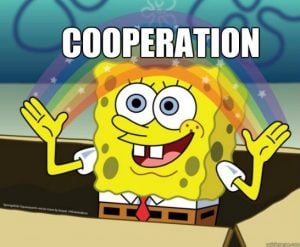 Ministers of both states walking away from meetings aimed at solving the Cauvery water sharing conflict is a common sight. Dodging questions while letting the problem brew creates competition and leads to a divided country. Both states belong to the same country yet they act as rivals. The issue has become more than the water sharing conflict. It has become a rivalry between the two states. When you begin to co-operate, both parties come to the same side and begin their work to create value instead of competing against each other. If both sides got together to ask the question, “How do we ensure that we find a permanent fix to this problem? What are the different issues and options on the table?” maybe they would have a much more productive discussion. Today, with both sides viewing the size of the pie as being constant, their approach to each other is one of competitors. Before a solution can be found, the attitude needs to change.
Ministers of both states walking away from meetings aimed at solving the Cauvery water sharing conflict is a common sight. Dodging questions while letting the problem brew creates competition and leads to a divided country. Both states belong to the same country yet they act as rivals. The issue has become more than the water sharing conflict. It has become a rivalry between the two states. When you begin to co-operate, both parties come to the same side and begin their work to create value instead of competing against each other. If both sides got together to ask the question, “How do we ensure that we find a permanent fix to this problem? What are the different issues and options on the table?” maybe they would have a much more productive discussion. Today, with both sides viewing the size of the pie as being constant, their approach to each other is one of competitors. Before a solution can be found, the attitude needs to change. 



